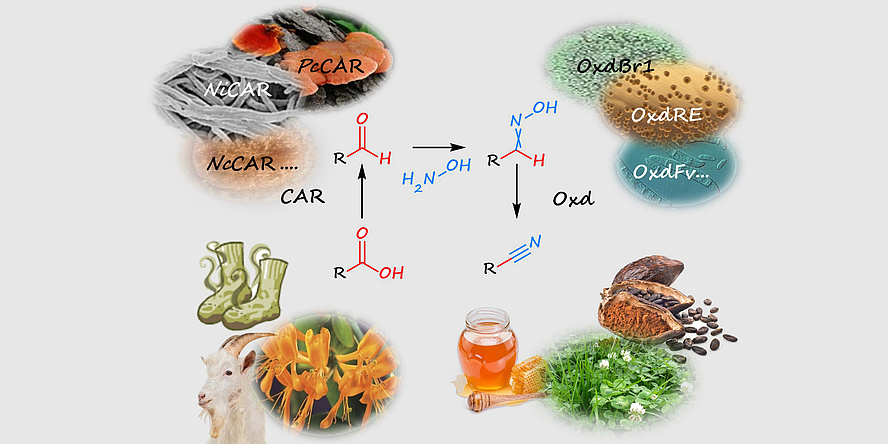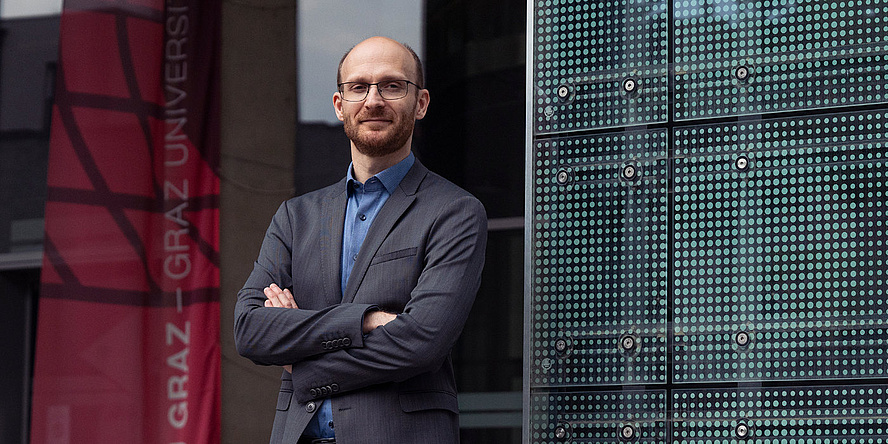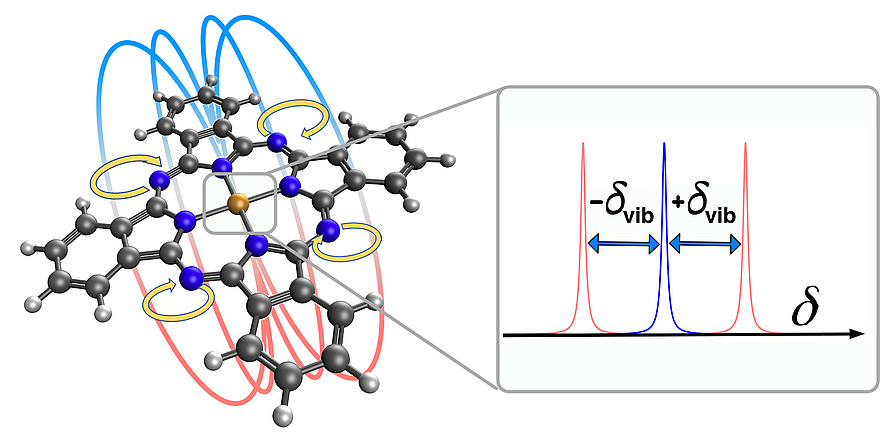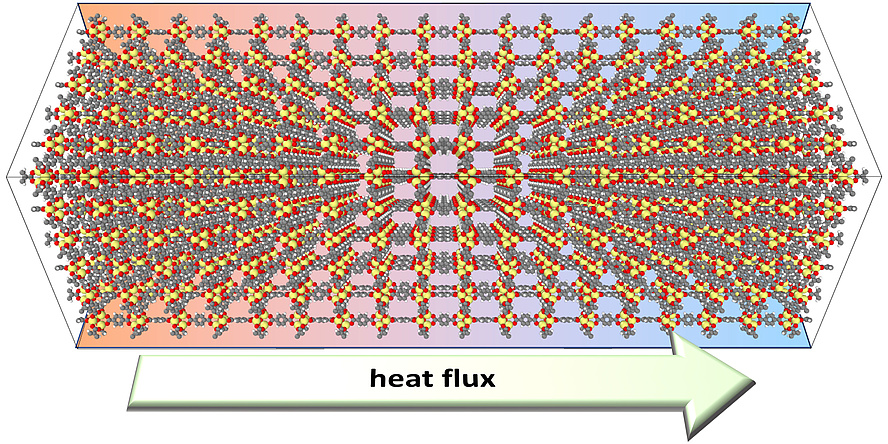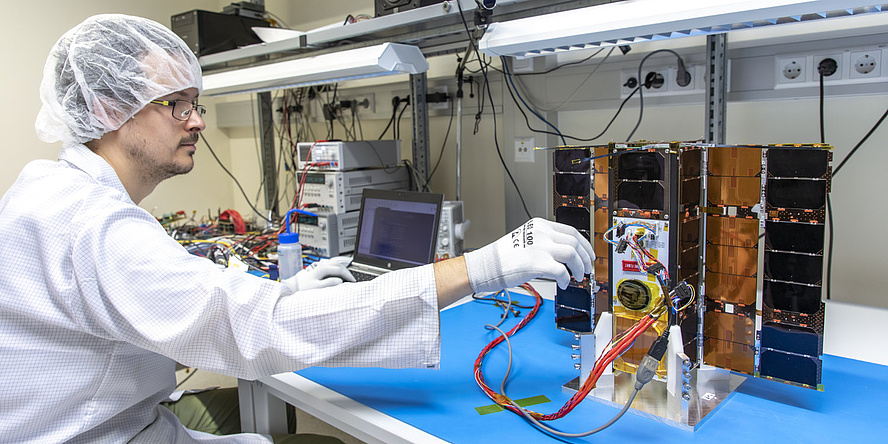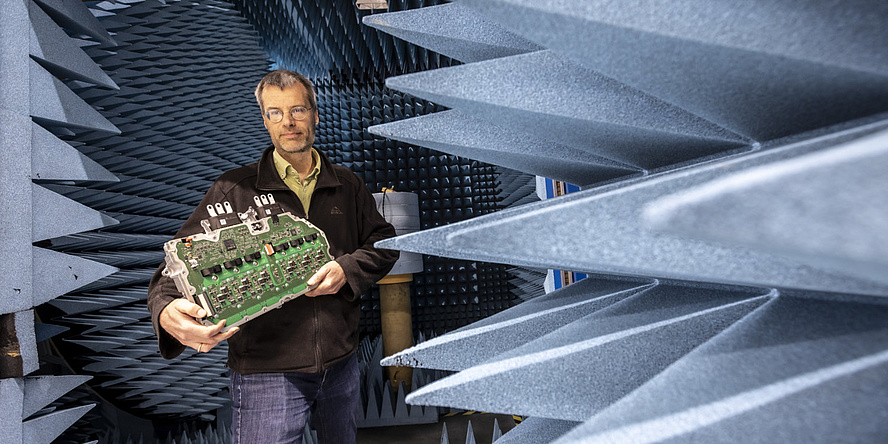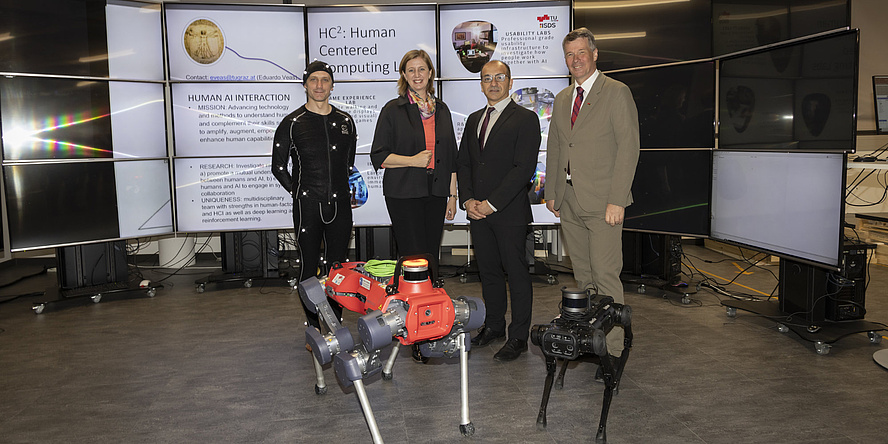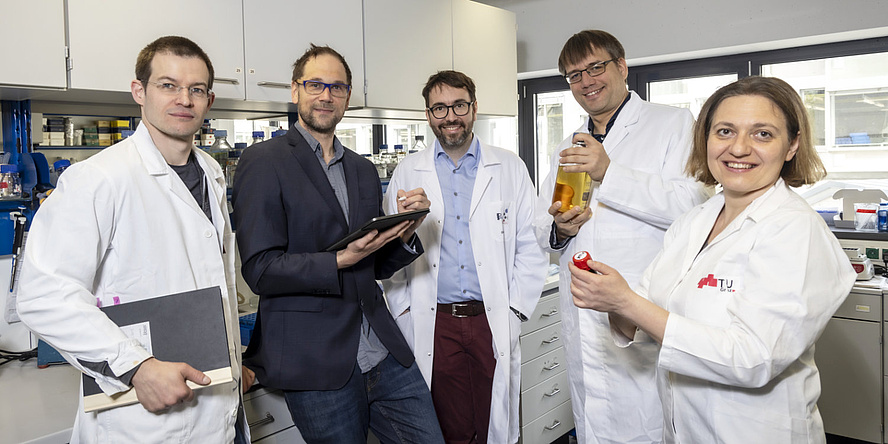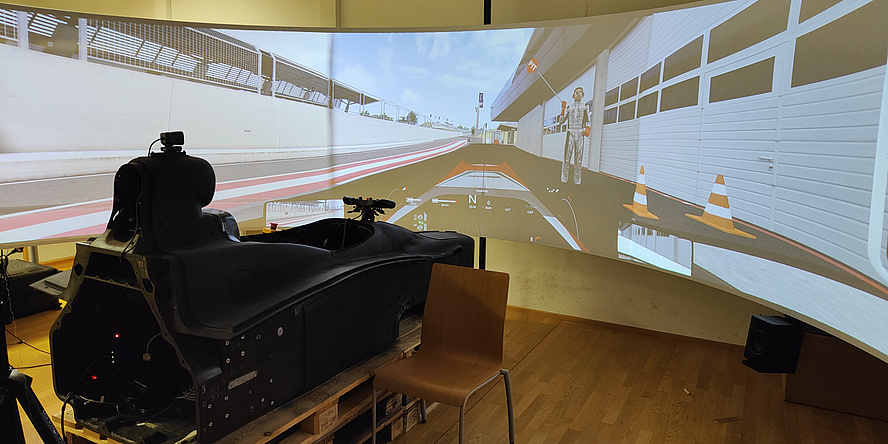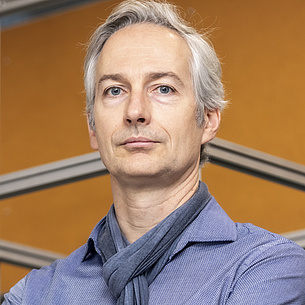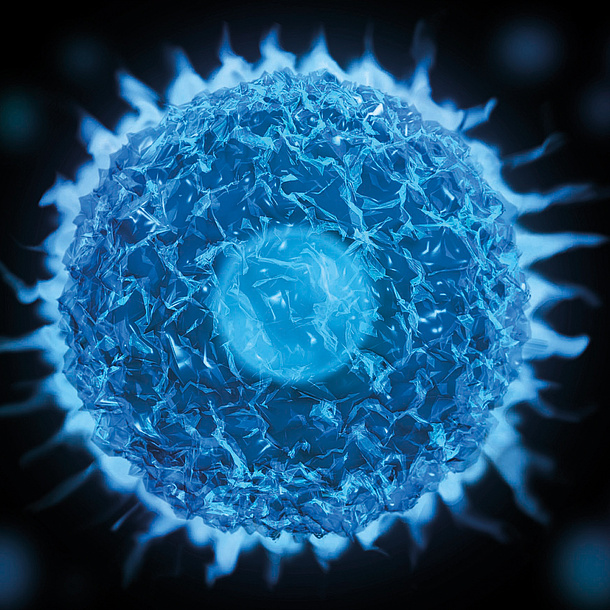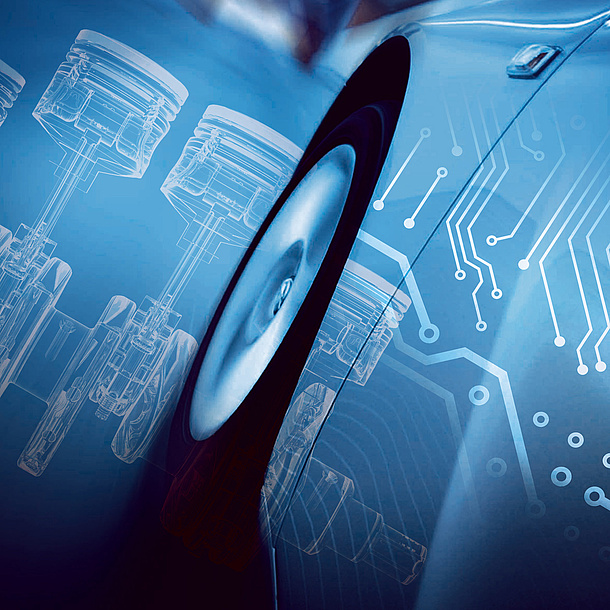The great challenges of our time, such as digitalisation, sustainability or pandemics can hardly be solved by individual researchers working on their own, but require critical masses and interdisciplinary cooperation. The Fields of Expertise of TU Graz are the ideal platform for this – researchers collaborate in an interdisciplinary way and are supported by funding.
Lead Projects at TU Graz
Since 2015, TU Graz has awarded special funding for multidisciplinary lead projects. By supporting such basic research projects, outstanding areas of top research are further developed and the research profile of TU Graz is enhanced.
Current lead projects at TU Graz
- NExT - Non Exhaust Emission Topics
- DigiBioTech
- Mechanics, Modeling and Simulation of Aortic Dissection
- Porous Materials @ Work
Past lead projects at TU Graz
New Projects with TU Graz
RESEARCH & TECHNOLOGY HOUSE
Mandellstraße 9/II
8010 Graz, Austria
Map
Christoph ADAMETZ
Dipl.-Ing.
Phone: +43 316 873 6033
christoph.adametz@tugraz.at
Vice Rector for Research
Horst BISCHOF
Univ.-Prof. Dipl.-Ing. Dr.techn.
Inffeldgasse 16/II
8010 Graz, Austria
Phone: +43 316 873 6020
bischof@icg.tugraz.at
